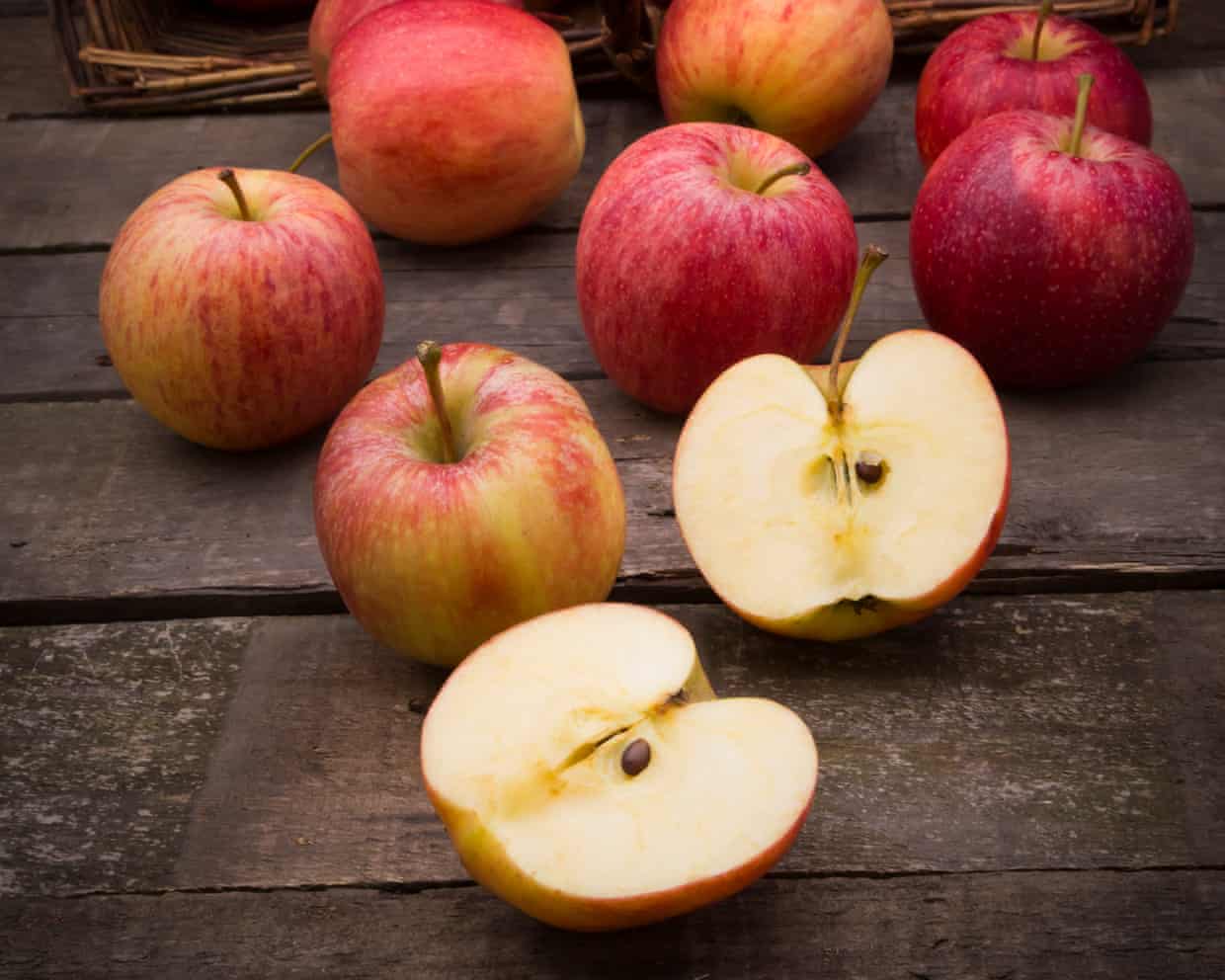NEWS NOT FOUND

From bupkis to $100m blockbuster: has the World Baseball Classic finally arrived
The tournament is celebrating its 20th anniversary and some of the best players on the planet are competing for a title that means somethingFor years, while football fans salivated over Fifa World Cups, and basketball and hockey enthusiasts enjoyed an endless parade of NBA and NHL stars at the Olympics, baseball fans had bupkis, with no legitimate international tournament to speak of. Instead, there was something called the Baseball World Cup. Played without a Yankee, Cub or Dodger in sight, but with representatives from teams including the Montgomery Biscuits, Mexico Red Devils and Winnipeg Goldeyes, few fans in North America knew it existed, or when it was played. The only team with legit talent, Cuba, with players who could play in Major League Baseball, but did not because of politics, dominated the tournament.Then in 2006 came a breakthrough with the debut of the 16-nation World Baseball Classic, which featured legitimate professional stars

Oscar Piastri is hungry for Formula One title but won’t be rebellious
Closer than ever to a driver title, or never again as close? Oscar Piastri will soon find out his foreseeable future in Formula One. But he says there’s one thing he won’t do: rebel against McLaren team orders.The glitzy, globetrotting series is back and Melbourne offers a tantalising round of racing to start the season. Extensive changes to regulations have left each team grappling with new electric-boosted power units, and smaller, nimbler vehicles.For Piastri, the changes come at an unfortunate time, given the dominance of the McLaren in recent years

Aston Martin reveal fears over nerve damage will prevent F1 team from finishing Australian GP
Aston Martin have admitted that Fernando Alonso and Lance Stroll will not be able to complete even half the race at the season-opening Australian Grand Prix this weekend for fear of suffering permanent nerve damage because of a vibration problem with their car.The team principal Adrian Newey, who also designed the team’s new car, revealed on Thursday in the Melbourne paddock that both drivers were suffering such severe vibration through the steering wheel that they would only be able to complete 25 and 15 laps respectively.“That vibration into the chassis is causing a few reliability problems, mirrors falling off, tail lights falling off, all that sort of thing, which we are having to address,” he said.“But the much more significant problem with that, is that vibration is transmitted ultimately into the driver’s fingers. Fernando is of the feeling that he can’t do more than 25 laps consecutively before he will risk permanent nerve damage into his hands

‘It’s a generous deal’: McIlroy’s surprise at Rahm not accepting DP World Tour offer
Dust was yet to settle on Luke Donald’s commitment to a third successive stint as Europe’s Ryder Cup captain when Rory McIlroy highlighted the elephant in the locker room.McIlroy, in a sentiment shared by other European players, finds it hard to fathom why Jon Rahm has not reached agreement to make his participation at Adare Manor next September straightforward. Rahm’s Ryder Cup involvement sits in serious jeopardy amid a dispute with the DP World Tour. McIlroy calmly warned that the biennial contest matters more than any single individual.In news first revealed by the Guardian on Wednesday morning, Donald will seek to back up successful captaincies in Rome and New York with Europe’s Adare defence in 2027

Lou Holtz, legendary college football coach and broadcaster, dies at age of 89
Lou Holtz, one of the most revered coaches in the history of college football, has died at the age of 89. He had entered hospice care in January, shortly after his birthday.A statement from his family said Holtz would be “remembered for his enduring values of faith, family, service and an unwavering belief in the potential of others”.Holtz, whose affable personality helped him build a successful broadcasting career after his retirement from coaching, led Notre Dame to a national championship in 1988. He also had a successful career at Arkansas, where he went 11-1 in his debut season in 1977, upsetting Oklahoma in the Orange Bowl

New Zealand demolish South Africa to reach T20 World Cup cricket final – as it happened
South Africa won every match they could afford to lose in this tournament and then lost the first one that they had to win. They were completely marmalised by New Zealand, who won the first semi-final by nine wickets. Finn Allen ripped through South Africa’s feared fast bowling attack, and hit an unbeaten hundred off just 33 balls. It was the fastest century in the history of the competition, and, as Allen said himself, the innings of his life. Only two batters have ever hit a faster ton in international T20 cricket

It’s crunch time! Gala apples and nashi pears among Australia’s best-value fruit and veg for March

How to turn limp rhubarb into tasty jam – recipe

£25 for a cookie? What the baffling luxury bakery boom tells us about Britain

Stuffed peppers and aubergine dip: Sami Tamimi’s recipes for savoury Palestinian snacks

Australian supermarket muesli bars taste test: the worst is ‘both dry and moist’

Why do my potatoes go black after cooking? | Kitchen aide